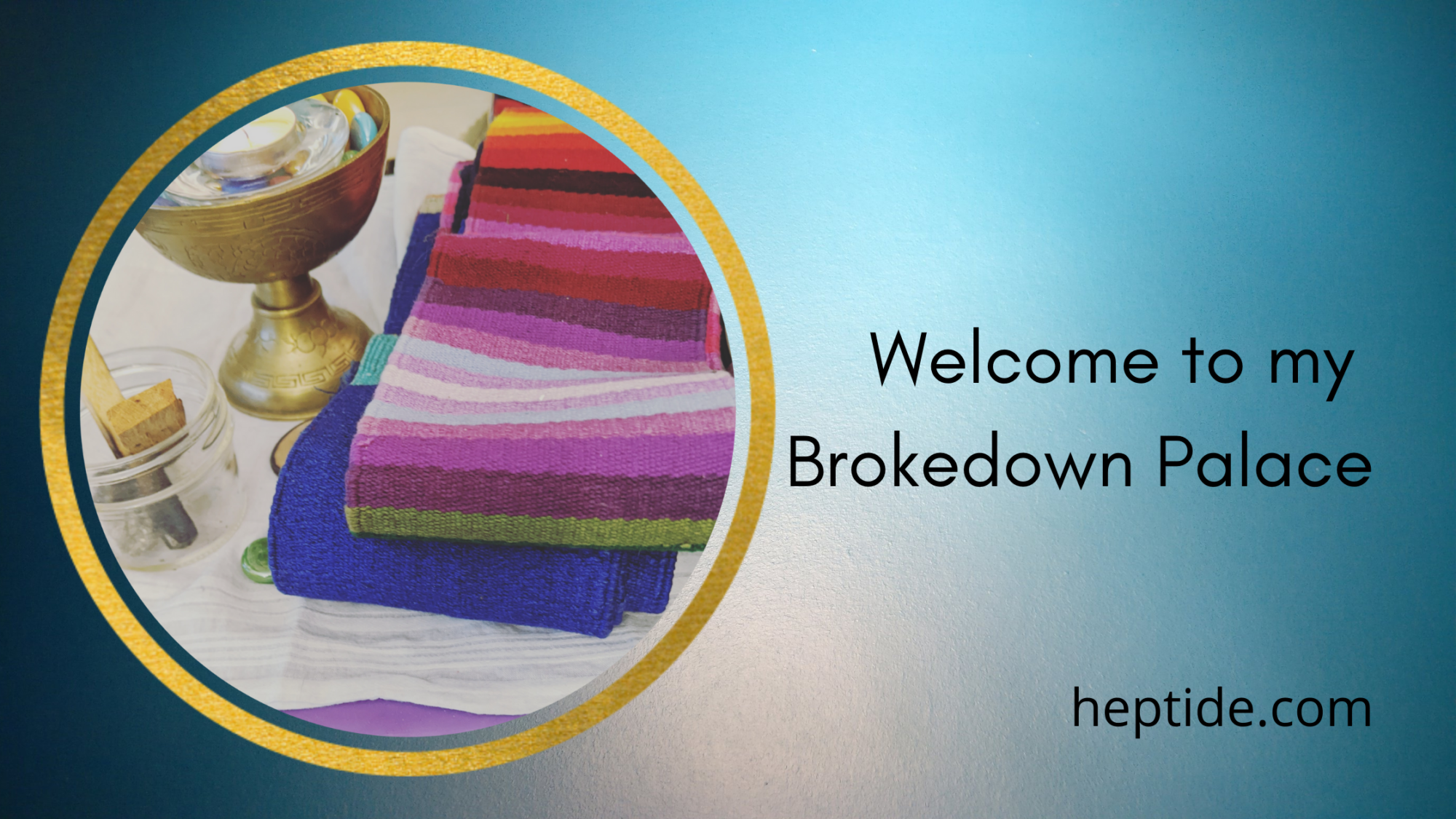Some nights I sit in my home office to write. I might be writing a sermon or even a blog post. Sometimes my fingers hover ever so motionlessly over the keys of my keyboard. Some days I lack inspiration. Growing up, when this happened I went to the hymnal. The hymnal was full of so many subjects ordered in a way that spoke, in song, directly to my spirit. A hymn is defined as “a song of praise, or a religious song; a synonym might be canticle, or carol.”
Early in my practice as a chaplain I noticed more songs beginning to fill the place of hymn in my mind. More and more, I found that music spoke to me in a different language and very much, a different voice. Even in my home my habit of listening to music has become very much a practice. I recently pulled my vinyl records and I would sit to listen to them in whole, without break; not as background music but the foreground of life. I have started the spiritual practice of chronicling this procedure–writing down my experience.
I notice that when I need inspiration my fingers walk over the tops of my records and often stop at one in particular. I take that record and often place it is on its “B” side. Then the sound of the Grateful Dead’s American Beauty overtakes me. I close my eyes, open my ears not just to the words, but the music and the harmony.
And we sing together–the record and me:
If my words did glow with the gold of sunshine
And my tunes were played on the harp unstrung,
Would you hear my voice come thru the music,
Would you hold it near as it were you own?
– Robert Hunter (The Grateful Dead)
This song speaks to me–not just because it is AMAZING but also because I have an emotional connection to a specific human being that is forged forever in this song. He has long passed, but this song provides conversation, remembrance, and a reminder as to why I work where I work, believe what I believe, and dream the things I dream. It settles me, resets me, and clears out the gunk that stops me from writing. The whole album does that. The words have become to me like scripture, the images like icons for my own theology. The songs are hymns that speak.
Perhaps you know another song that will say it better. So I will leave you with a song but I want you to answer a question when it is done–what songs, hymns, and spiritual songs drive you to be a better person?
In the attics of my life,
full of cloudy dreams unreal.
Full of tastes no tongue can know,
and lights no eyes can see.
When there was no ear to hear,
you sang to me.I have spent my life seeking all that’s still unsung.
Bent my ear to hear the tune,
and closed my eyes to see.
When there was no strings to play,
you played to me.In the book of love’s own dream,
where all the print is blood.
Where all the pages are my days,
and all the lights grow old.
When I had no wings to fly,
you flew to me, you flew to me.In the secret space of dreams,
where I dreaming lay amazed.
When the secrets all are told,
and the petals all unfold.
When there was no dream of mine,
you dreamed of me.
–Robert Hunter (The Grateful Dead)
